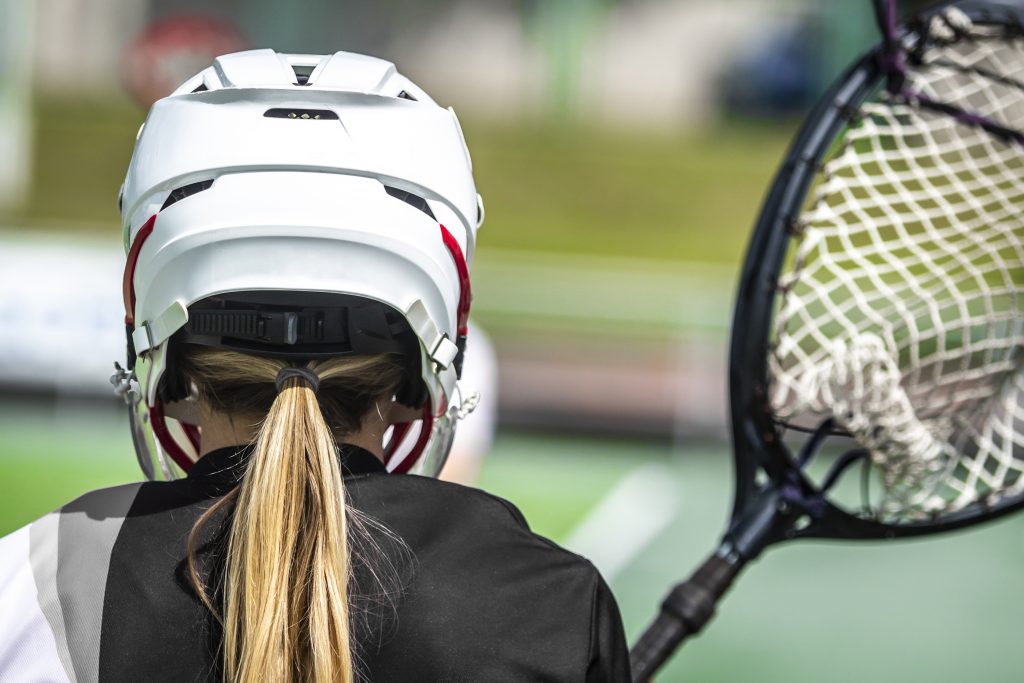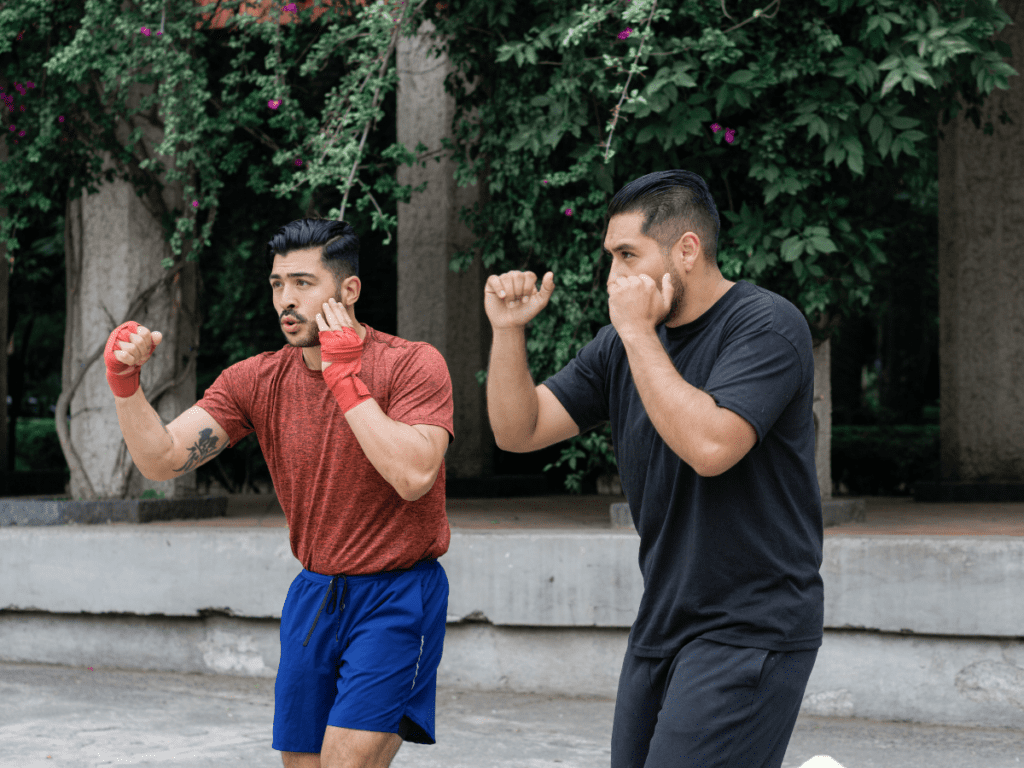National Health and Fitness Day 2020
Only 16% of Canadian adults meet Canada’s physical activity guidelines. In preparation for National Health and Fitness Day tomorrow, check out our new fact sheet on evidence-based tips for getting active. (Spoiler: Set a goal, create an action plan, track your activity, get feedback, review and reset!)
Coaching Strategies to Maximize Long-Term Learning and Performance for Athletes

At a time when athletes and coaches have been inundated with pseudoscientific ideas about the importance of accumulating 10,000 hours of practice, the importance of practice quality often does not receive the attention it should. Contrary to popular belief, there is significant evidence that improvements in sport-specific skills during practice do not always yield the…
Hunger & HIIT Workouts
Wonder why you’re not hungry after HIIT workouts? New research from Wilfred Laurier University reports that lactate produced during hard interval workouts influences appetite-associated hormones, causing post-exercise appetite suppression.
NWSIS Nutrition Infographic
Are you constantly feeling flat, tired and unmotivated? While stress could be the cause given the current circumstances, this infographic from the New South Wales Institute of Sport provides some other suggestions, including sleep patterns, dietary habits, overtraining and dehydration.
Infrastructure & expertise: A model to investigate effective training through long-term athlete development

Project Summary A Hockey Intervention Program (HIP) was established as an innovative vehicle to evaluate the infrastructure-athlete relationship for training athletes in the sport of ice hockey. This research examined both system level and athlete level factors that influence stakeholders’ decisions to access and/or integrate infrastructure into athlete development and how innovative infrastructure can best…
Cryotherapy
Cold-water immersion, also known as cryotherapy, has been used to treat injuries, reduce heat illness, and reduce delayed onset muscle soreness. Research in the International Journal of Athletic Therapy & Training found cryotherapy reduced an athlete’s perception of soreness but had no effect on muscle performance recovery following a single bout of training.
10,000 Hour Rule
The “10,000-hour rule” – the notion that 10,000 hours of practice are needed to become an expert in any domain (including sport) – is based on a 1993 study of violinists. But new research replicating the 1993 study could not verify the results. The amount of practice accumulated did not correspond to skill level.
Healthy Sleep Hygiene
Research clearly demonstrates the negative effects of sleep deprivation on athletic performance, including reduced reaction time, accuracy, submaximal strength, and endurance. Cognitive functions such as judgment and decision-making also suffer. Check out this infographic for tips on healthy sleep hygiene.
Motivational Language
Research shows the type of language used by instructors during group training sessions is important. Cues that focused on function (e.g. “this exercise will help you prevent injuries and build strength”) rather than appearance (e.g. “earn your dream body”) resulted in greater mood and body satisfaction amongst female participants.
Cold-Weather Exercise Intensity
Research from the University of Alberta finds intense cold-weather exercise makes it harder for the lungs to warm and humidify the air, causing airway lining to dry and, in some cases, become irreparably damaged. When temperatures plunge below –15 C, researchers recommend athletes decrease the intensity of outdoor exercise to protect their lungs.